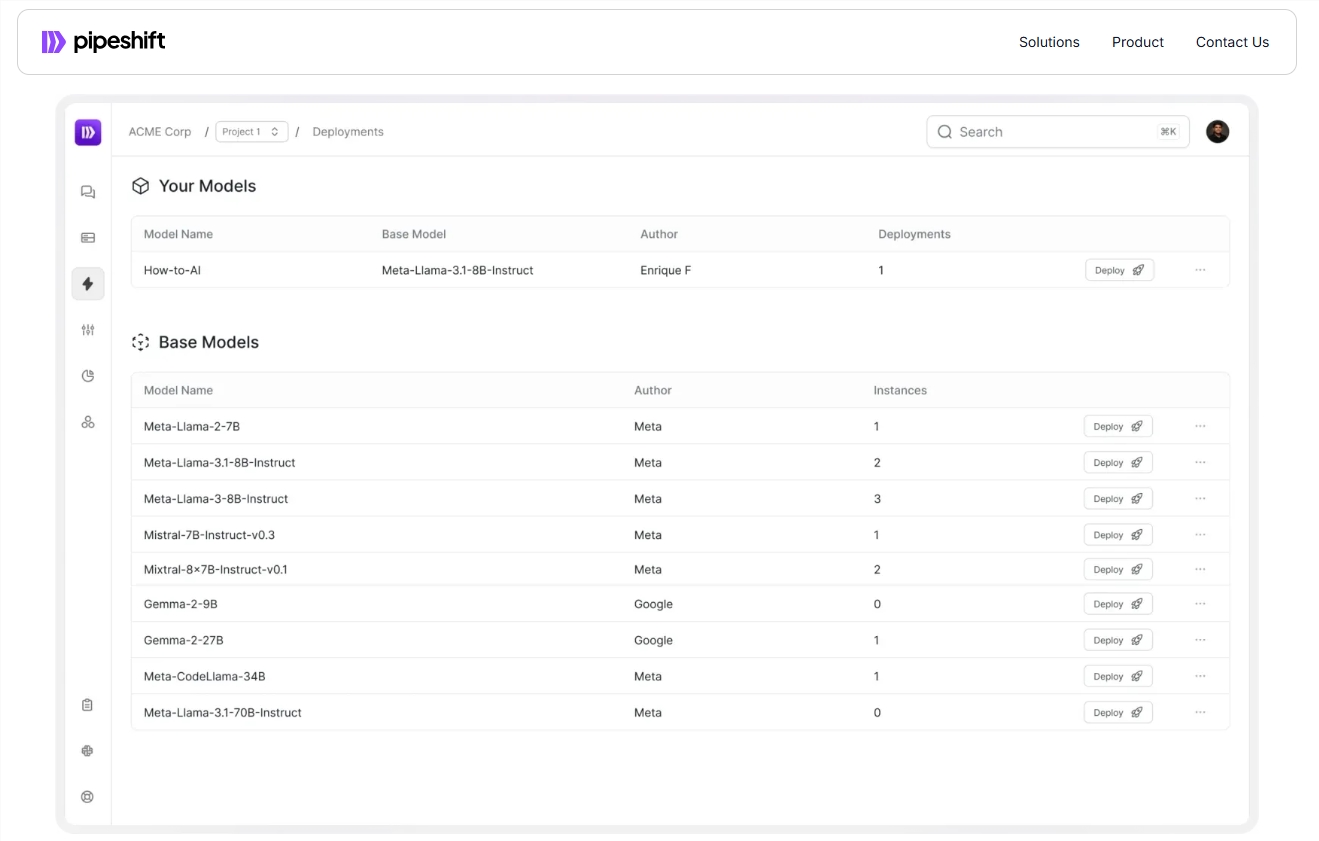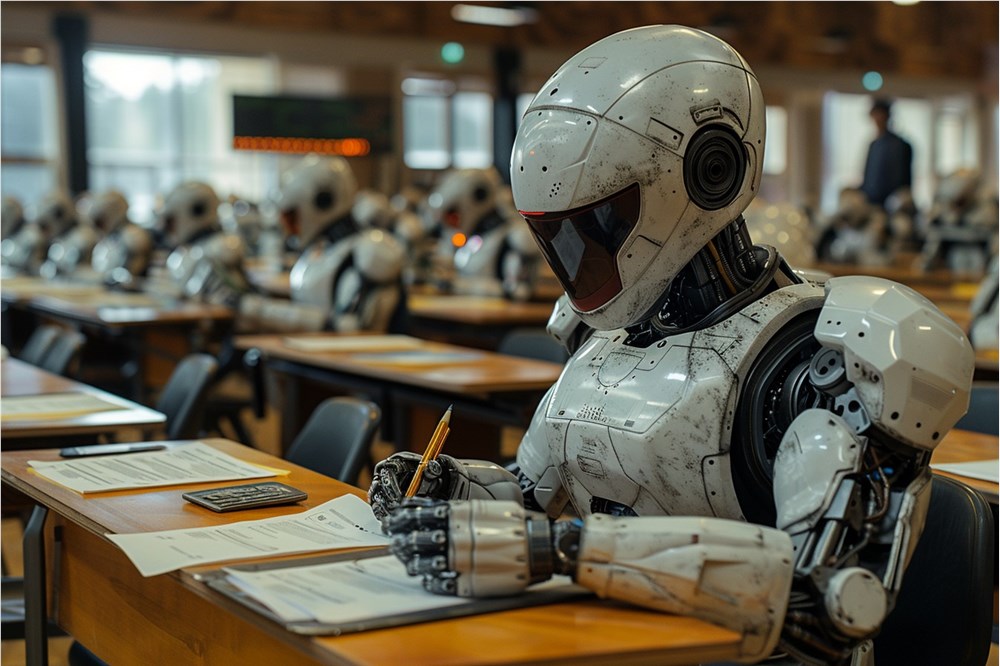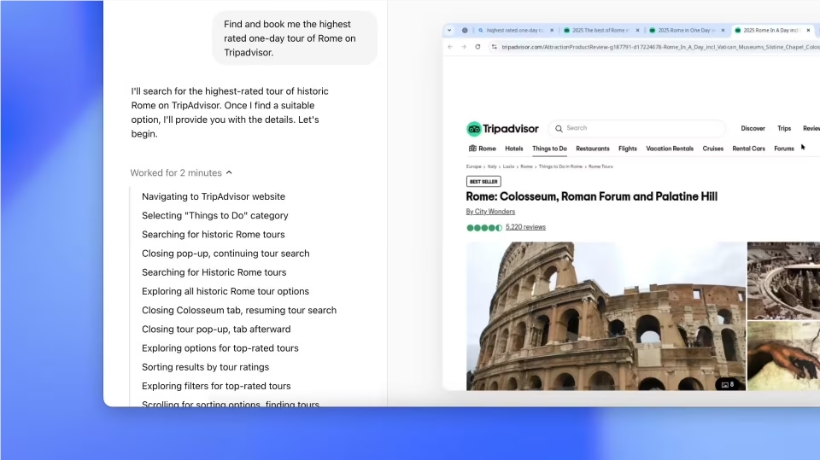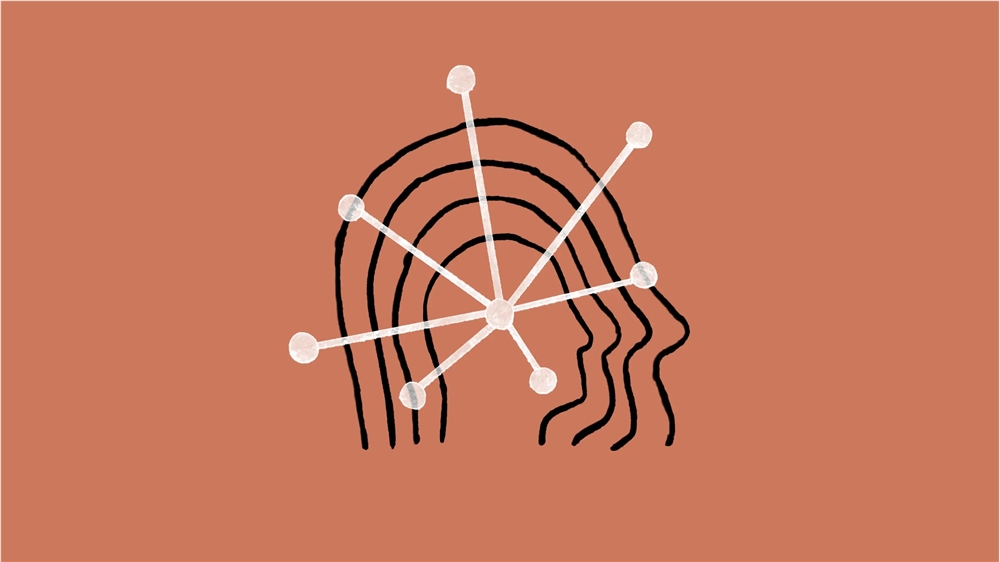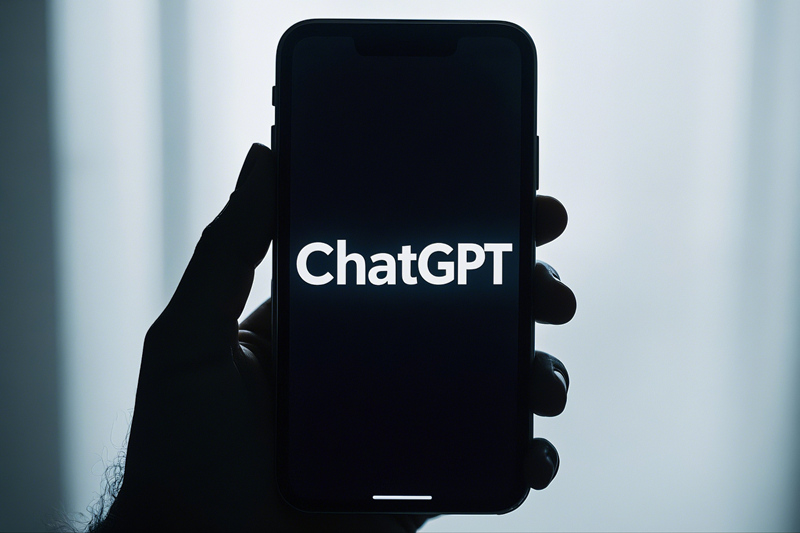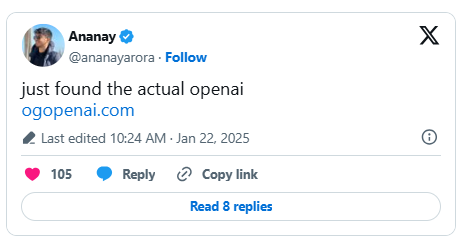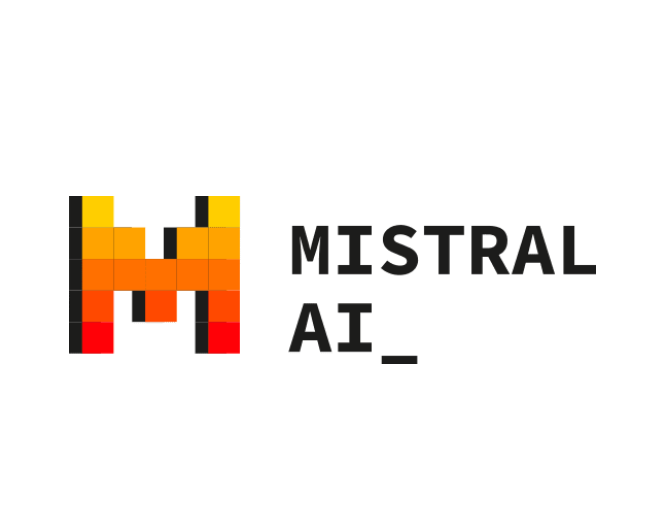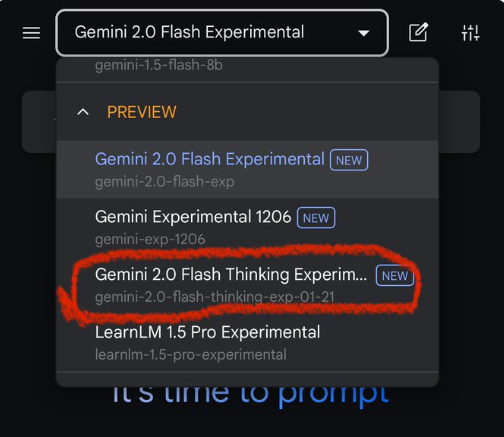Recently, the American artificial intelligence company OpenAI filed a defense against the ruling of the Delhi High Court in India, arguing that the court did not have the right to require it to delete ChatGPT’s training data. The case stems from a lawsuit filed by Indian news agency ANI in November last year, claiming that OpenAI used its published content without authorization to train ChatGPT. ANI requested that its content be removed from the model's training data set and accused OpenAI of copyright infringement.
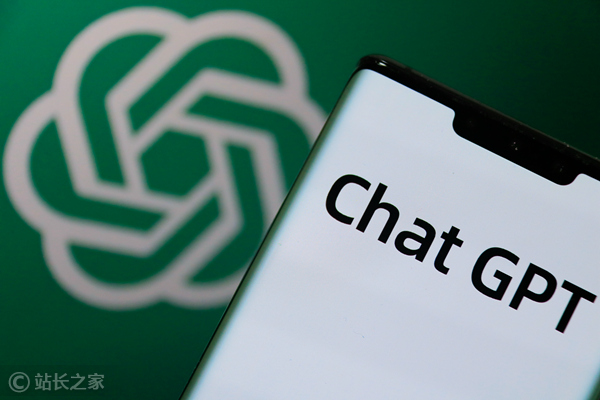
In an 86-page document filed with the Delhi High Court on January 10, OpenAI said that under U.S. law, training data must be retained while proceedings are ongoing. The data deletion order from India is therefore in conflict with its legal responsibilities. OpenAI stressed that since the company has no physical presence or servers in India, the court does not have jurisdiction over its operations. "The servers storing the ChatGPT training data are located outside India," OpenAI noted in the filing.
Although OpenAI stated that it will stop using ANI content in the future, ANI is still concerned that the material that has been integrated into the ChatGPT data set will continue to cause unauthorized copying. ANI also expressed concerns about OpenAI’s commercial agreements with international media organizations, which it believed could lead to unfair competition. ANI said ChatGPT had copied content from its articles almost verbatim when users asked questions.
A court hearing in the case is scheduled for January 28. ANI is an organization partially owned by Reuters, and Reuters has made it clear that it is not involved in ANI's business decisions or legal disputes. The lawsuit is part of a broader challenge against artificial intelligence companies misusing copyrighted material to train models. In the United States, OpenAI is also defending against similar accusations, including in a high-profile case brought by the New York Times. OpenAI has always maintained that its artificial intelligence systems rely on publicly available data and comply with fair use protections.
AI courses are suitable for people who are interested in artificial intelligence technology, including but not limited to students, engineers, data scientists, developers, and professionals in AI technology.
The course content ranges from basic to advanced. Beginners can choose basic courses and gradually go into more complex algorithms and applications.
Learning AI requires a certain mathematical foundation (such as linear algebra, probability theory, calculus, etc.), as well as programming knowledge (Python is the most commonly used programming language).
You will learn the core concepts and technologies in the fields of natural language processing, computer vision, data analysis, and master the use of AI tools and frameworks for practical development.
You can work as a data scientist, machine learning engineer, AI researcher, or apply AI technology to innovate in all walks of life.
